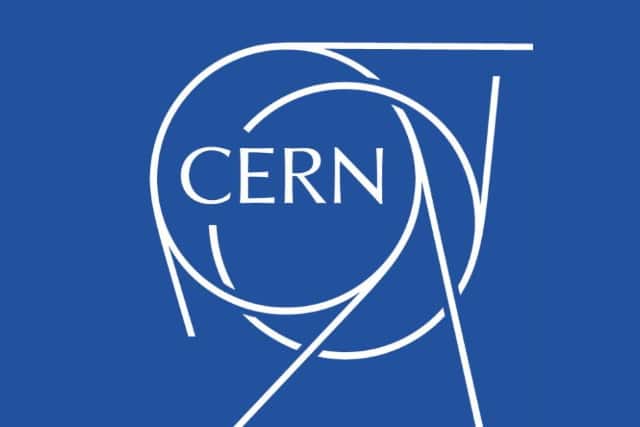CERN is moving away from expensive Microsoft software and embracing open source

CERN -- the European Organization for Nuclear Research best known for its particle smashing Large Hadron Collider -- has decided to eschew Microsoft in favor of open source software.
For many years, CERN benefited from hefty discounts on Microsoft products, but this is coming to an end. Rather than paying hugely increased licensing fees, the organization is instead implementing its own Microsoft Alternatives project, known as MAlt. CERN says it is "taking back control using open software".
See also:
- Microsoft releases Windows 10 20H1 Build 18917 with Windows Subsystem for Linux 2 (WSL 2)
- Apple makes Windows 10 less terrible with refreshed iCloud app in Microsoft Store
- Microsoft reveals Project Scarlett, its powerful next-gen Xbox console with 8K graphics coming in 2020
As reported by the Register, CERN has been working on MAlt for some time, well-aware that its discounts as an "academic, non-profit or research institute" were coming to an end. In a post on its website, CERN says: "The Microsoft Alternatives project (MAlt) started a year ago to mitigate anticipated software license fee increases. Malt's objective is to put us back in control using open software. It is now time to present more widely this project and to explain how it will shape our computing environment".
The organization says that because of its size, the scope of its projects, and the collaborative work it does, the cost of the high number of software licenses it requires would simply be unaffordable. It goes on to explain:
A prime example is that CERN has enjoyed special conditions for the use of Microsoft products for the last 20 years, by virtue of its status as an "academic institution". However, recently, the company has decided to revoke CERN's academic status, a measure that took effect at the end of the previous contract in March 2019, replaced by a new contract based on user numbers, increasing the license costs by more than a factor of ten. Although CERN has negotiated a ramp-up profile over ten years to give the necessary time to adapt, such costs are not sustainable.
Anticipating this situation, the IT department created the Microsoft Alternatives project, MAlt, a year ago.
The switch to open source begins with a new email system, and CERN says that "in parallel, some Skype for Business clients and analogue phones will migrate to a softphone telephony pilot".
CERN concedes that "the Microsoft Alternatives project is ambitious" but says that "it's also a unique opportunity for CERN to demonstrate that building core services can be done without vendor and data lock-in, that the next generation of services can be tailored to the community's needs and finally that CERN can inspire its partners by collaborating around a new range of products".